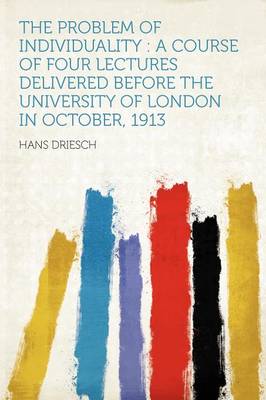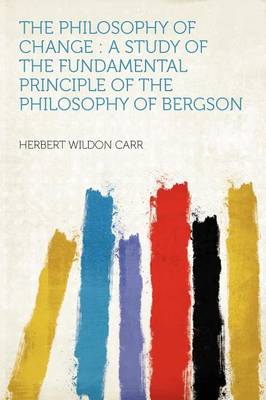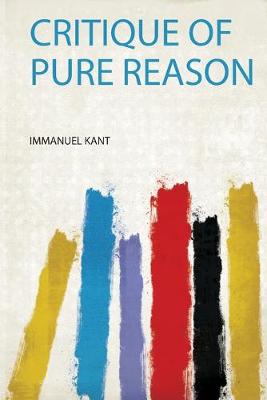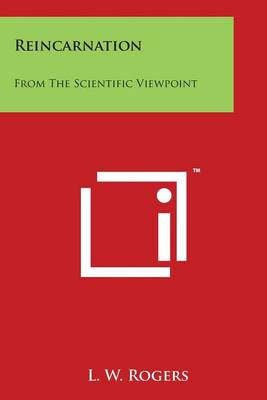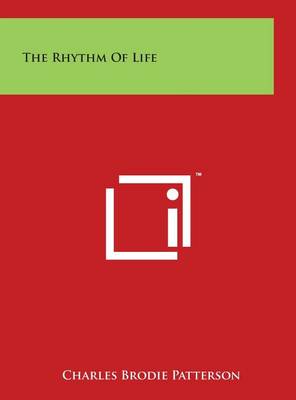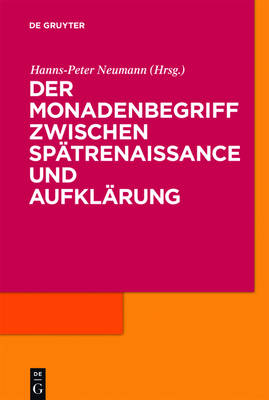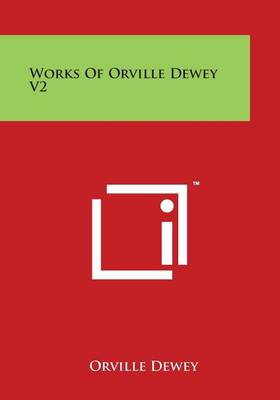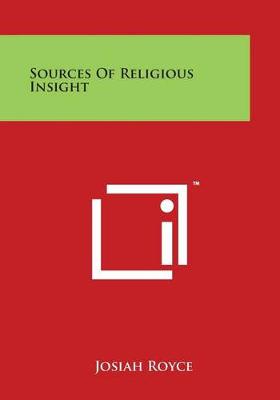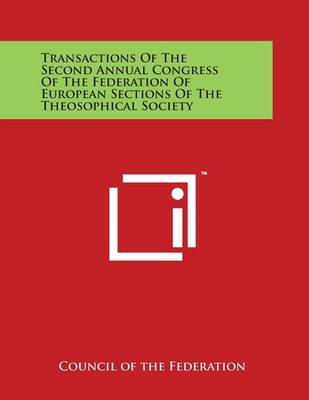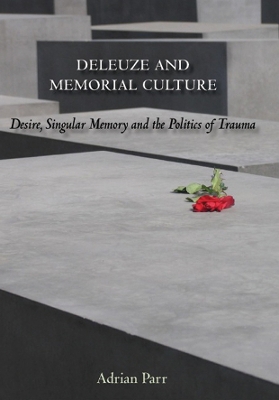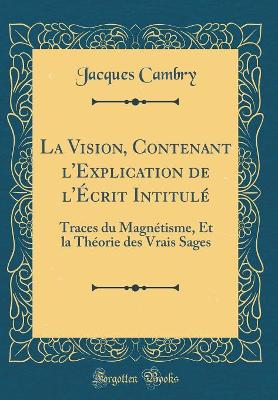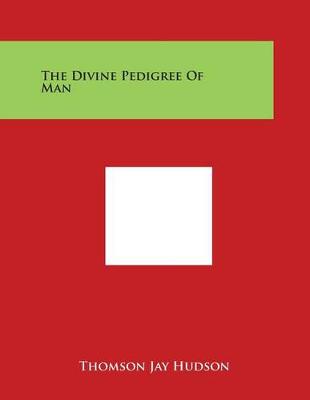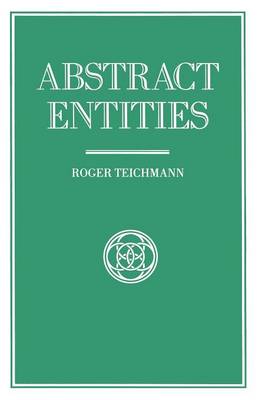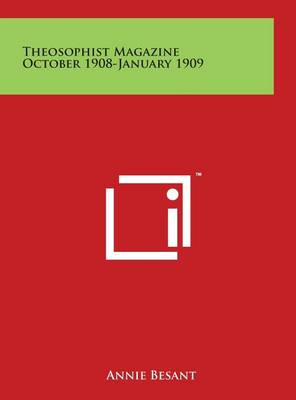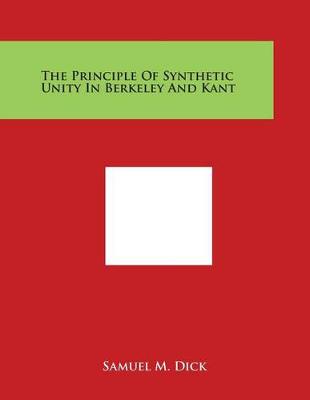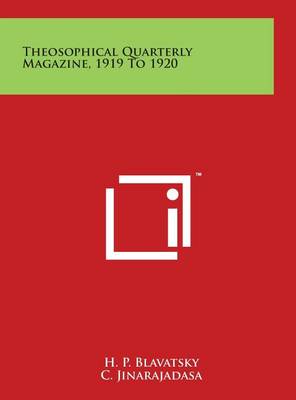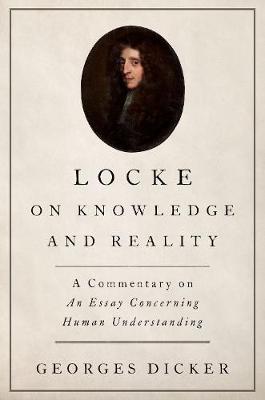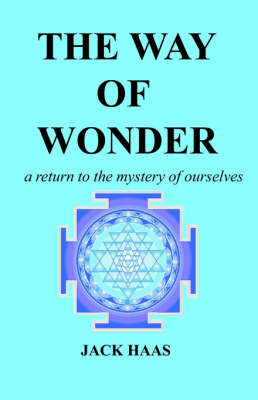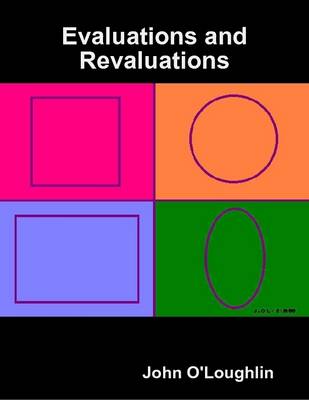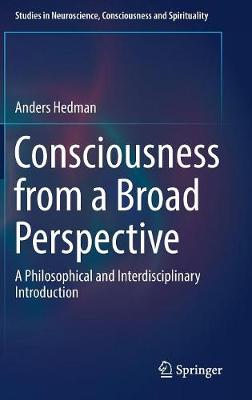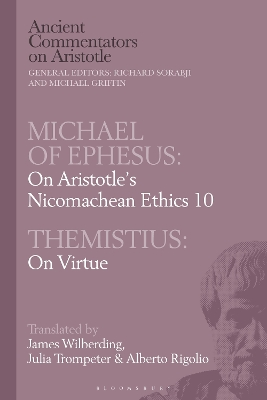Of this book, based on his lectures at Lake Forest College in 1911. Josiah Royce wrote, "It is one of the easiest of my books to read...it contains the whole sense of me in a brief compass." Here Royce probes the neuralgic point in the philosophy of religion. The essays aim at religious unity and emphasize communal religious experience based on a faith shared by a community's members through their authentic loyalty and deeds of service. It is an urgently needed counterpoint to William James's in...
Transactions of the Second Annual Congress of the Federation of European Sections of the Theosophical Society
Deleuze and Memorial Culture is a detailed study of contemporary forms of public remembrance. Adrian Parr considers the different character traumatic memory takes throughout the sphere of cultural production and argues that contemporary memorial culture has the power to put traumatic memory to work in a positive way. Drawing on the conceptual apparatus of Gilles Deleuze, she outlines the relevance of his thought to cultural studies and the wider phenomenon of traumatic theory and public rememb...
In Kierkegaard's Romantic Legacy, Anoop Gupta develops an original theory of the self based on Kierkegaard's writings. Gupta proceeds by historical exegesis and considers several important ways of thinking about self outside of the natural sciences. His study moves theories of the self from theology toward sociology, from a God-relationship to a social one, and illustrates how a loss in theological underpinnings partly contributes to the rise in the popularity of cultural relativism. By drawing...
La Vision, Contenant l'Explication de l'Ecrit Intitule
by Jacques Cambry
The problem of abstract entities is one with which philosophers have grappled since Plato's time. Questions like "What are universals?", "What are numbers?", as well as the very general "What are abstract entities?", seem to be some of the most puzzling in philosophy. In this book, the author approaches such questions via an account of the logic of abstract terms. Such terms, he argues, have in common that they are eliminable by paraphrase, in a way that undercuts realism (or Platonism), while a...
The Principle of Synthetic Unity in Berkeley and Kant
by Samuel M Dick
Theosophical Quarterly Magazine, 1919 To 1920
by H P Blavatsky and C. Jinarajadasa
Georges Dicker here provides a commentary on John Locke's masterwork, An Essay Concerning Human Understanding-the foundational work of classical Empiricism. Dicker's commentary is an accessible guide for students who are reading Locke for the first time; a useful research tool for upper-level undergraduate and graduate students; and a contribution to Locke scholarship for professional scholars. It is designed to be read alongside the Essay, but does not presuppose familiarity with it. Dicker...
'Evaluations and Revaluations', which is divided into two parts, each of which reflects one aspect of the overall title, is a compilation of aphoristic writings with strongly metaphysical and subatomic overtones such that take the ideological philosophy of Social Transcendentalism to a new level of analytical sophistication and synthetic penetration, while still being open to general theorizing about politics, religion, art, society, and a variety of other subjects. The cover shows one of John...
This volume offers an introduction to consciousness research within philosophy, psychology and neuroscience, from a philosophical perspective and with an emphasis on the history of ideas and core concepts. The book begins by examining consciousness as a modern mystery. Thereafter, the book introduces philosophy of mind and the mind-body problem, and proceeds to explore psychological, philosophical and neuroscientific approaches to mind and consciousness. The book then presents a discussion of my...
The two texts translated in this volume of the Ancient Commentators on Aristotle series both compare the happiness of the practical life, which is subject to the hazards of fortune, with the happiness of the life of philosophical contemplation, which is subject to fewer needs. The first is Michael of Ephesus' 12th-century commentary on Book 10 of Aristotle's Nicomachean Ethics, written (alongside his commentaries on Books 5 and 9) to fill gaps in the Neoplatonists' commentaries from the 6th c...
